Built-In RV Propane Safety Devices
I have been RVing for a long time, and honestly, I always thought that propane tanks had shutoff protection for leak situations, but they do not. While propane tanks do have some built-in protection, it is not complete protection, so let’s look at what your propane tank includes as it relates to safety.
There are three safety devices that are part of your RV’s propane system: an Overfill Protection Device, Excess Flow Valve, and LP Detectors. If the propane system is operating correctly, then you shouldn’t have any problems. The problems occur when you have a leak, cut or rupture within the system, or when one of these built-in devices fails.
Overfill Protection Device (OPD)
The connection valve at the propane tank is called an overfill protection device (OPD valve). It is triangular, and if nothing is connected to this valve, then it can be turned on and nothing will come out of the tank. Once you connect your RV side propane line to the OPD valve, then the propane will flow freely once turned on.

Some of you may remember many years ago, this valve did not have any mechanism to control flow once it was turned on. The valves were round and star-shaped, and when you turned the valve on, the propane would freely flow. In 1998, they added a new OPD valve which is triangular, so if you turn on the propane tank, nothing will come out unless you attach a propane hose to the OPD valve.
The OPD valve is a device designed to prevent overfilling your propane tank, but the added measure is that propane cannot freely flow without a connection line. This is a great safety measure, and it works well; however, it does nothing to stop the flow of propane in the event of a major leak, cut line, or rupture in the system. By design, all the safety measures that exist with the OPD valve are rendered useless once the RV side propane line is connected. Once the line is connected, the propane flows freely as it should.
Excess Flow Valve
Another safety measure after the OPD valve is a device called an excess flow valve. The excess flow valve is essentially a spring-loaded cylinder that is in the connection hose to your propane and acts only if the flow is over 200,000 BTUs/hr. If the flow is over this amount, the valve is triggered and stops 75-90% of the propane flow.

So, what about the remaining 10-25% that is not stopped? This propane still flows and can quickly fill the RV up if there is a leak which is obviously a problem. In my opinion, you should have 100% shutoff of propane automatically in the event of a major leak or rupture in the system, but this type of protection is not built into your system. In order to get 100% shutoff, you would have to add a GasStop Propane Shutoff device to your tank.
LP (Propane) Leak Detectors
Every RV with propane should have a propane leak detector with an alarm installed inside. These critical monitoring devices are designed to be mounted low inside your RV since propane gas sinks to the lowest point inside. They detect an elevated amount of propane in the air and alarm you before it reaches a dangerous level. Oftentimes, you can smell the faint egg-like smell of propane in the air before the alarm ever sounds.
These detectors should be hardwired to your RV’s 12-volt system, so they have consistent power. If you buy one that plugs into an outlet, be aware that if you lose power or don't have an inverter, you may not have power to the device at all times if it is operating on AC power.

Most units have approximately a 5-year life span, but always check the manufacturer guidelines on your specific detector’s lifespan. Be sure your propane detector is always powered and operational and replace it when necessary.
There may be times that your RV propane alarm goes off randomly, and this could be caused by different aerosols used in your RV like cooking spray, bug spray, and even some air fresheners. A pet sleeping on the floor too close to the monitor could set it off if they are blocking fresh air from the monitor. I’ve even heard of situations where a dog passing gas set off an alarm! Now, that’s a dog I wouldn’t want to share a small RV with, for sure!

If your alarm goes off randomly and you can’t shut it off, it can feel like a nuisance - especially if it goes off at night when you are just getting cozy. Whatever you do, do not remove it from power or take it out altogether. It is a critical safety device that all RVs with propane onboard should have.
GasStop Propane Shutoff
Even with all of the built-in devices to keep you safe with propane, in order to provide 100% protection, you need to add a GasStop Propane Shutoff device to your RV propane system.

The GasStop automatically and completely stops the flow of propane to your RV in the event of a major leak, cut, or ruptured line.
To learn more about GasStop, read our latest article: GasStop Propane Shutoff Devices for RVs
1 comment
GasStop
View allI Purchased two gasstop valves a couple of years ago, and i stalled them on our Mountineer 5th wheel, nice to have peace of mind when traveling. Have been thinking about my flexible hoses, my be time to replace them, very pleased with Gasstop products.



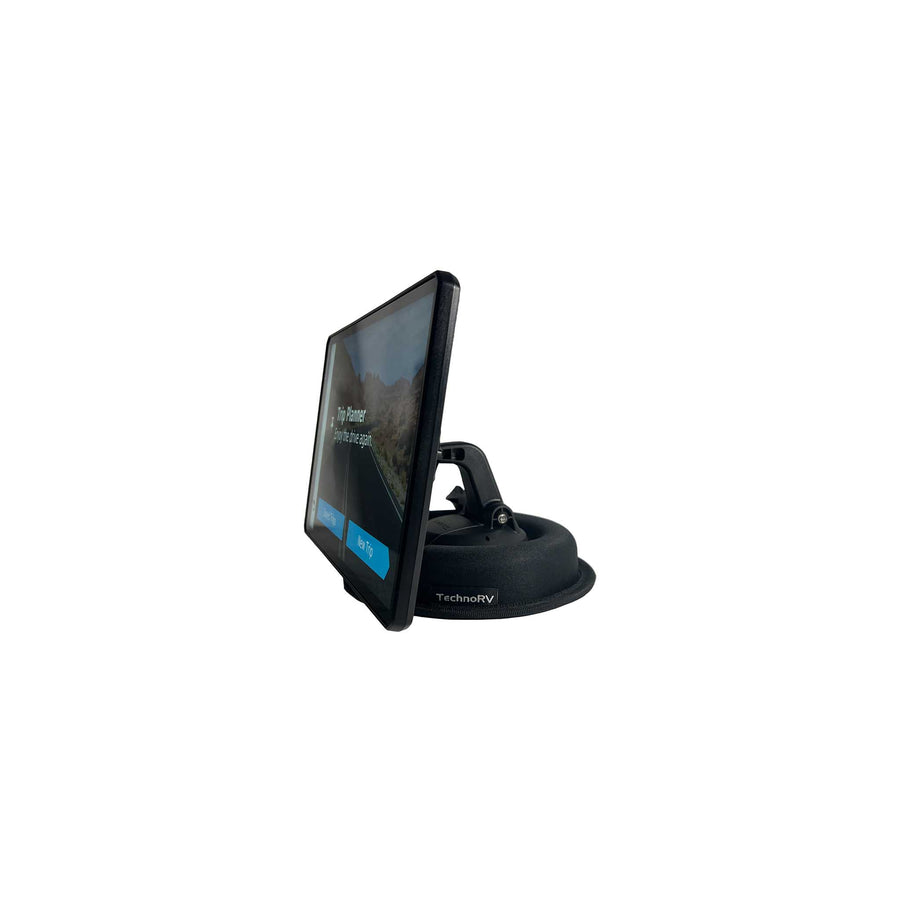
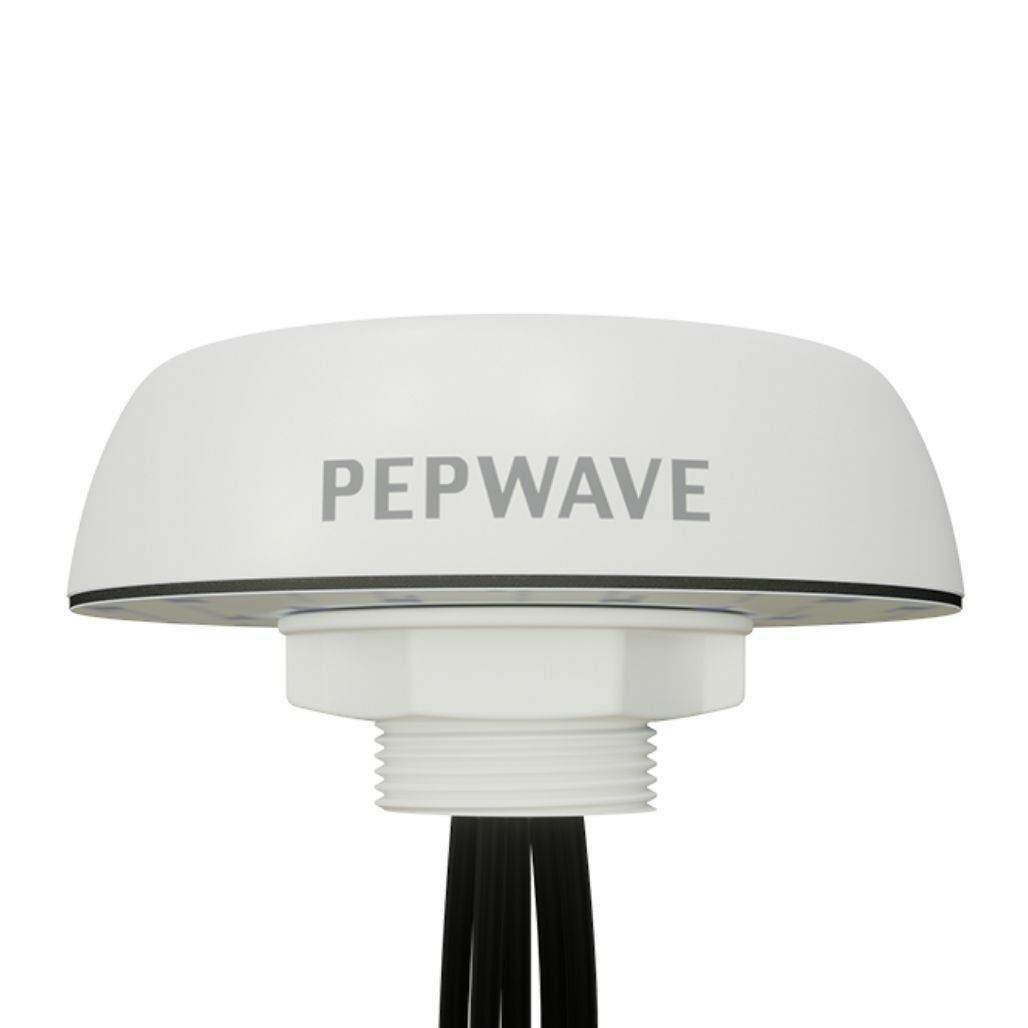
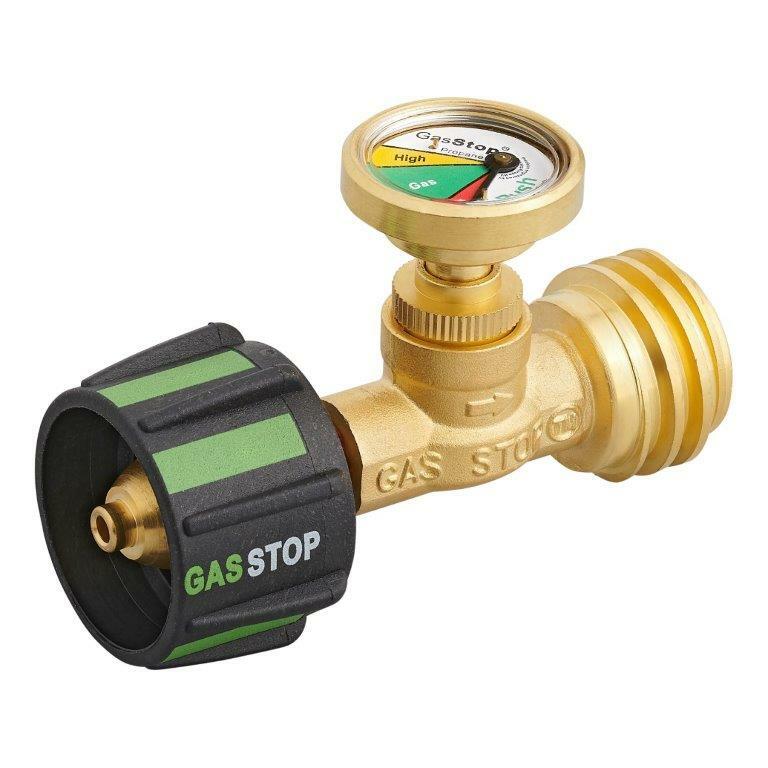

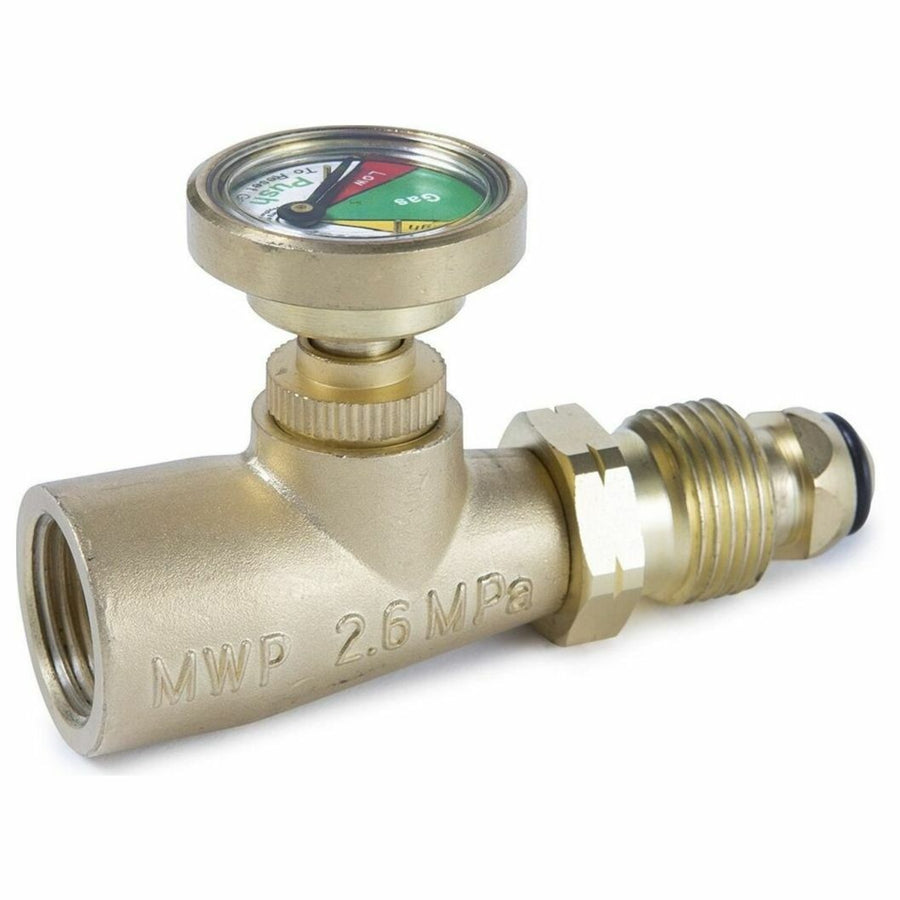

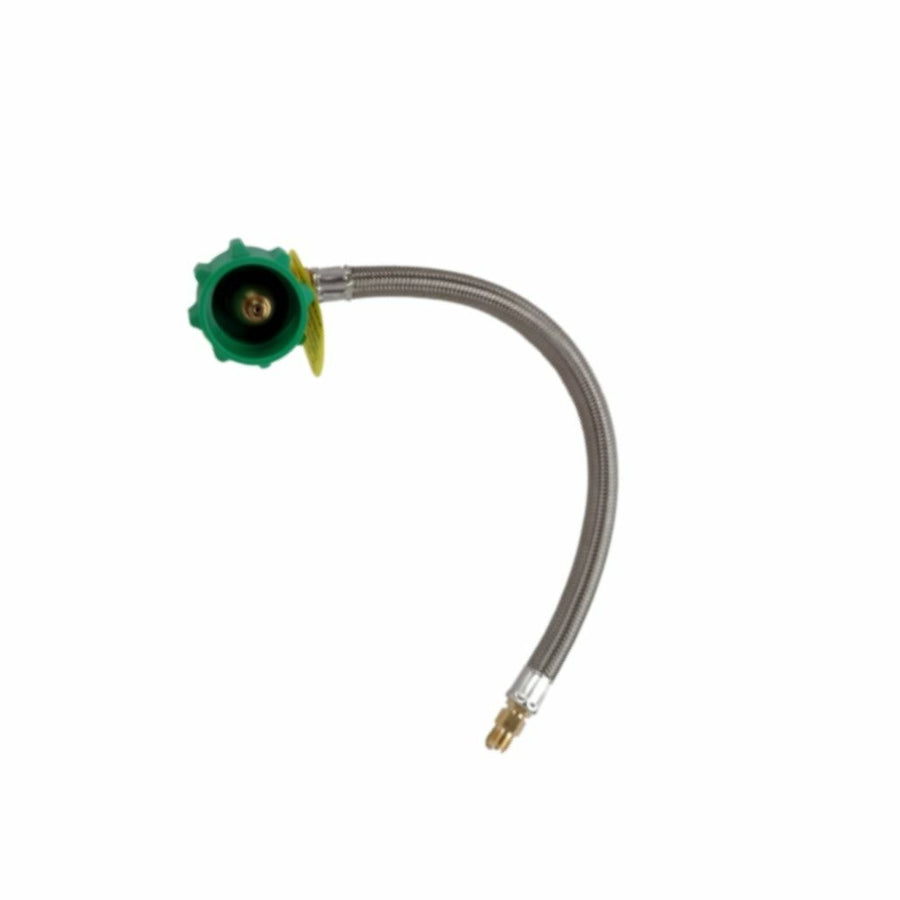


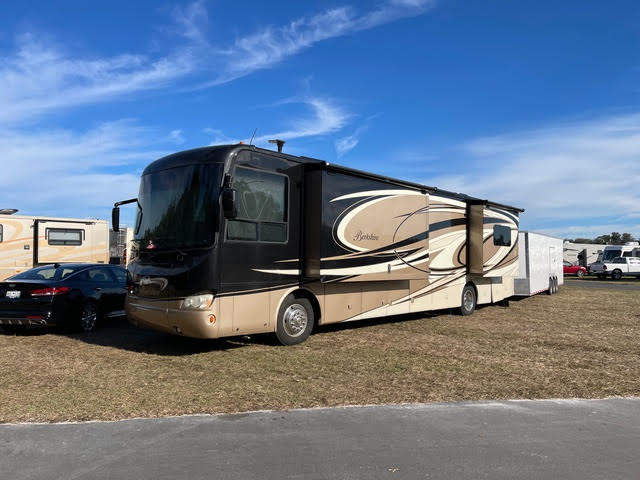
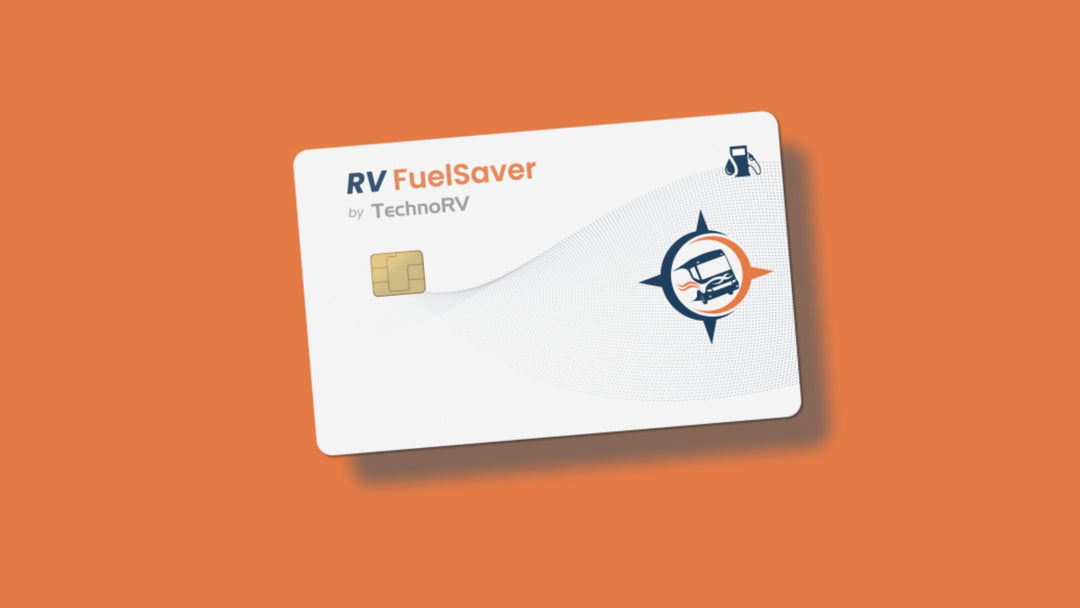
I Purchased two gasstop valves a couple of years ago, and i stalled them on our Mountineer 5th wheel, nice to have peace of mind when traveling. Have been thinking about my flexible hoses, my be time to replace them, very pleased with Gasstop products.
Leave a comment